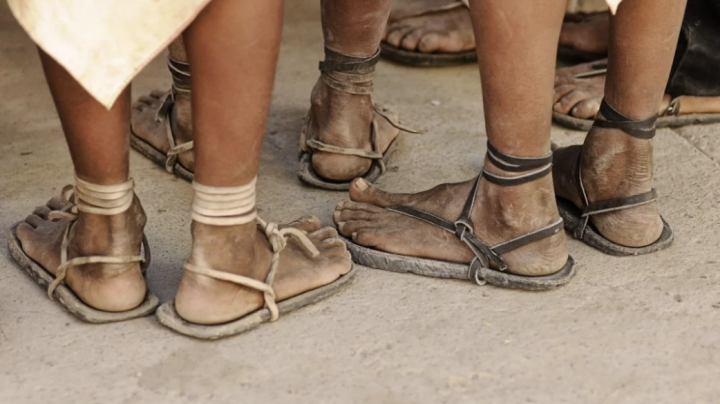Lorena Ramírez Will Be the First Rarámuri Woman to Run a European Ultra-Marathon

Long-distance runner Lorena Ramírez Hernández made headlines last month, after she won the women’s 50-kilometer category of the Ultra Trail Cerro Rojo, a race occurring in Tlatlauquitepec, Puebla, Mexico. It wasn’t the fact that Ramírez won the race that made news, so much as how: donning a long blue skirt and a pair of sandals with soles made of recycled tire rubber called huaraches, the runner from a Rarámuri indigenous community in Chihuahua ran the 50 kilometers in just seven hours and three minutes.
This Saturday, Ramírez will make history yet again by participating in the Tenerife Bluetrail race, in Spain, where Lorena and her brother Mario will compete in the 97-kilometer category. Spanish outlet El País recently profiled Ramírez, ahead of her becoming the first Rarámuri woman to run a European ultra-marathon.
Running is embedded in the family and fabric of the 22-year-old Ramírez. Her father, her grandfather, and various brothers and sisters are all runners as well. While the world knows Ramírez’s community by the name handed out by Spanish conquistadores–Tarahumara–they self-identify as Rarámuri, which means “light feet” or “runners on foot” in their language.
According to marathon runner and author Christopher McDougall, the Rarámuri “traditionally live in widely-dispersed settlements, covering extremely long distances to visit neighboring villages, hunt and trade.” This helps curate their ability to go long distances, since it’s such a crucial aspect of daily life. They see running as a fine art and often have competitions during religious ceremonies, which see the Rarámuri people run in their homemade huaraches.

Lorena’s favors those huaraches over normal running shoes because she believes they are lighter and that they provide a better grip. She estimates that she has run more than 15 ultra marathons since she started competing, five years ago at the age of 17.
Many of the Rarámuri people have run to live: Lorena and her brother work in the fields seasonally but, without permanent work, they have no choice but to try to win races for the prize money. Whenever a member of the family places high in a race, whether it be brother, mother or father, they share their earnings with their family. This is called “kórima,” and is one of the main values of the Rarámuri community.
Read the full feature on Ramírez at El País, and check out their photo series on the Rarámuri.